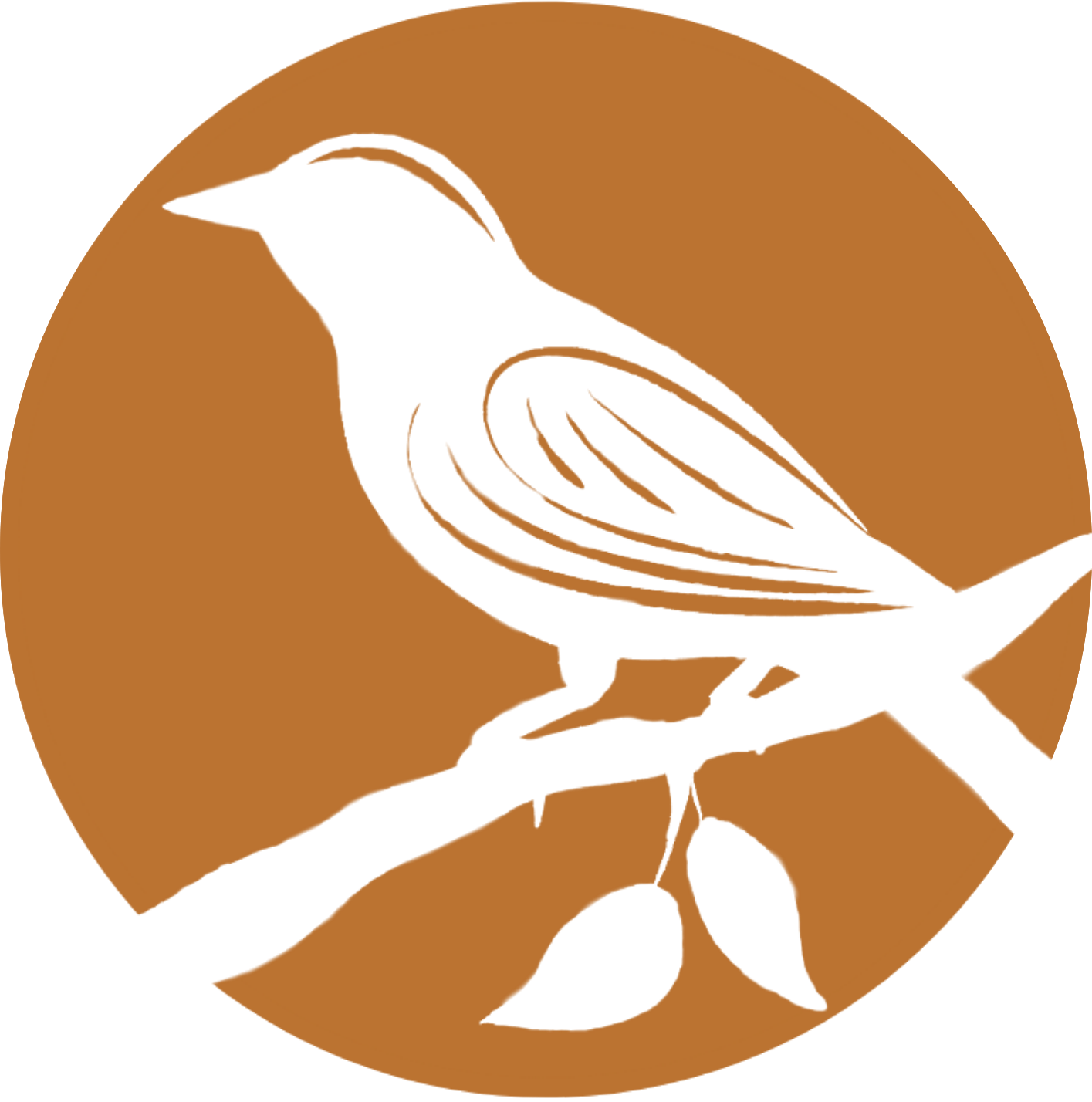Epiphany (referred to by some as “Little Christmas”) falls on January 6th and commemorates the Magi’s visit with the Christ Child (Matthew 2:1-12). Our family does a couple of things to mark this occasion— one of which is a traditional Epiphany house blessing. This typically involves a short benediction and the chalking of the door. That’s when you take a piece of chalk (which, in the Catholic tradition, is blessed by a priest) and draw the sign of the cross along with the year on the lintel of your front door.*
This was a particularly significant ritual for us this year. You see, for most of our married life, Jasmine and I have lived in a series of old church rectories and apartments (and never for longer than six years at a time). This year, however, we finally moved into a house of our own— a house that, in just a few short months, has become a place of true refuge and safety to us (especially during this time of pandemic). To say that we’re grateful for our new home would be an understatement— especially given the fact that, since the founding of Pennies and Sparrows in 2014, we have worked with a number of people from our community who have no place to live at all. Many of them would kill for the kind of apartment that we used to live in (small, though it seemed, for our growing family).
Take our friend Charlie, for example. I first met Charlie (not his real name) about three years ago at Romero House— a soup kitchen based in Saint John’s Waterloo Village. A quiet man with an almost zen like calm, Charlie is the kind of person one might instinctually regard as safe. He rarely smiles but, when he does, it’s warm and welcoming. In fact, it was that welcoming air that first compelled me to set my tray next to his and strike up a conversation with him at the soup kitchen.
Charlie, as I learned from our conversation, originally arrived here from Ontario roughly ten years ago with the intention of starting fresh and bettering his life. Unfortunately, within a short matter of time, he found himself homeless. He wasn’t couch-surfing. He wasn’t spending his nights at the local men’s shelter. He was literally sleeping under bridges, in parks, in alleyways— wherever he could find minimal refuge from the wind and cold. From time to time, with the help of social workers, Charlie has been able to get into housing (usually small bachelor pads in various rooming homes). Inevitably, however, Charlie will spend his social assistance on drugs. He’ll then wind up evicted again— sometimes in the dead of winter— left to fend for himself against the elements.
Over the years, I have met many people like Charlie—people who manage to find housing for short periods of time but who, because of mental illness and addiction, quickly wind up back on the street. Indeed, while the waiting lists may be long and the process arduous, it’s not getting such people into housing that’s the difficult part. Rather, the real challenge is keeping them in housing. Indeed, being housed independently requires skill. One has to balance a budget, pay rent on time, manage daily chores and do the laundry. If a person lacks these skills and, on top of that, struggles with mental illness and drug addiction, there’s no possible way that we can expect him to remain in housing for any length of time.
Jasmine and I believe that, at least in some cases, the solution might be community. Imagine, for example, if our friend Charlie were surrounded by a team of roughly six to eight people— genuine friends who could help him manage a budget, communicate with his landlord, keep a safe and tidy home and prepare regular meals? Imagine if they were to meet with him on a regular basis to break bread together, chat and, in short, be true neighbours to one another? It could be that, under such circumstances, Charlie might stand a far better chance at not only getting into housing but staying housed.
Fortunately, this is something that we don’t need to merely imagine. For in a few weeks time, we will indeed be launching an actual support team for our friend Charlie— a support team based on a program that we created called The Emmaus Way. As many of our readers know, the Emmaus Way is a program which places teams of roughly 5 to 6 ordinary people around individuals and families who, for whatever reason, find themselves struggling in unstable life circumstances. I emphasize that these people are ordinary — not social workers or priests; not therapists or nurses but neighbours, grandmothers, churchgoers and friends. The program is meant to create— in as natural a manner as possible— a social network for people who find themselves alone and isolated. In our experience, the Emmaus Way has been a huge blessing, not only to the people being helped, but also the people doing the helping.
Running an Emmaus Way team can be a real challenge in the best of circumstances. However, in the year of the Corona Virus— where rules of social distancing and good hygiene must be observed— it’s even more challenging. Please pray for us as we begin this new endeavour.
- Actually, there’s a bit more to the chalking of the door than that. The exact marking that is written on the lintel is 20 ✝ C ✝ M ✝ B ✝ 21. The numbers, of course, refer to the calendar year while the letters C, M and B stand for Casper, Melchior and Balthasar respectively— the traditional (although not Biblical names) of the three magi. It could also stand for the latin words Christus mansionem benedicat, which means, “Christ bless this house.”
